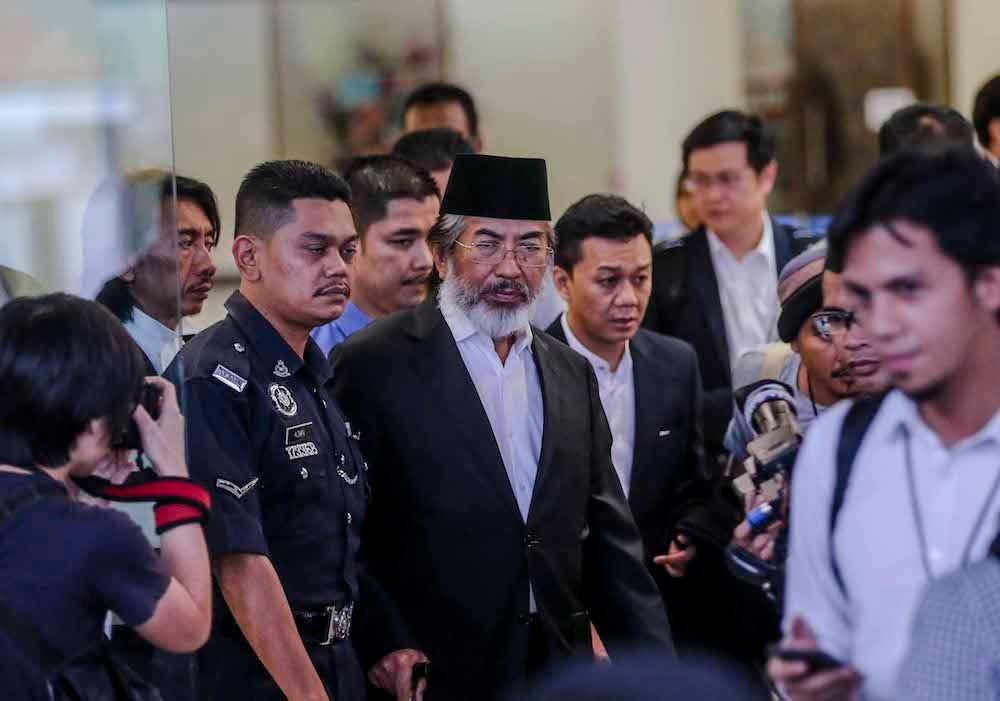Democracy Slips Another Notch in Malaysia
Deeply corrupt state official freed without trial

A June 9 decision by Malaysia’s Attorney General Idrus Harun to decline to bring corruption charges against the former chief minister of the East Malaysian state of Sabah is a depressing demonstration that the country’s legal system is far from having been cleaned up after the 2018 election drove out the indelibly corrupt Barisan Nasional coalition.
It i…
Keep reading with a 7-day free trial
Subscribe to Asia Sentinel to keep reading this post and get 7 days of free access to the full post archives.

